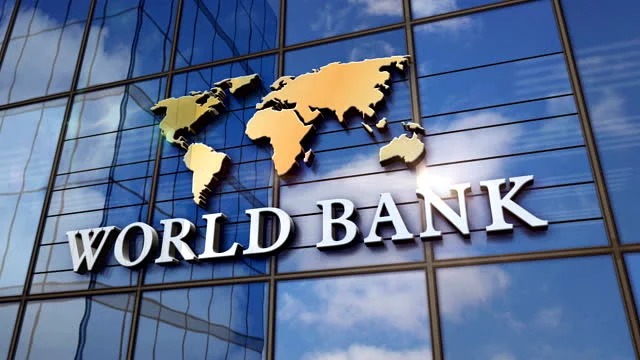The World Bank said in a new report that the global economy could face a recession next year due to a wave of aggressive tightening, but that may not be enough to curb inflation.
According to research released Thursday in Washington, policymakers worldwide are scaling back monetary and fiscal support with a degree of synchronisation not seen in half a century. That had a bigger-than-expected impact on weakening financial conditions and the global growth slowdown.
Investors expect central banks to raise global monetary policy rates to nearly 4% next year, double the 2021 average, to keep core inflation at 5%. According to the report’s modelling, rates could be as high as 6% if the central bank wants to keep inflation within its target range.
World Bank research estimates that global GDP growth will slow to 0.5% by 2023, with a per capita contraction of 0.4%, which would meet the technical definition of a global recession. It said that after a record expansion in 2021, this would end a brief recovery long before economic activity returns to pre-pandemic trends.
“Policymakers can shift the focus from reducing consumption to increasing production,” said World Bank Group President David Malpass. “Policies should seek to generate additional investment, increase productivity and capital allocation, which are critical for growth and poverty reduction.”
Research by World Bank economists Justin-Damien Guenette, M Ayhan Kose, and Naotaka Sugawara found ways for central banks to continue their efforts to control inflation without triggering a global recession and developed an action plan for policymakers:
- Central banks must communicate policy decisions to help stabilise inflation expectations and reduce the level of tightening needed.
- Advanced-economy central banks should consider the cross-border spillover effects of tightening, while emerging-market authorities should strengthen macroprudential regulation and build foreign exchange reserves.
- Fiscal authorities must carefully adjust support measures’ withdrawal while ensuring alignment with monetary policy objectives.
- The number of countries expected to tighten fiscal policy next year is the highest since the early 1990s, amplifying the impact of monetary policy on growth. Policymakers must develop solid medium-term fiscal plans with targeted relief for vulnerable households.
- Other economic policymakers need to take strong steps to increase global supply to join the fight against inflation.





